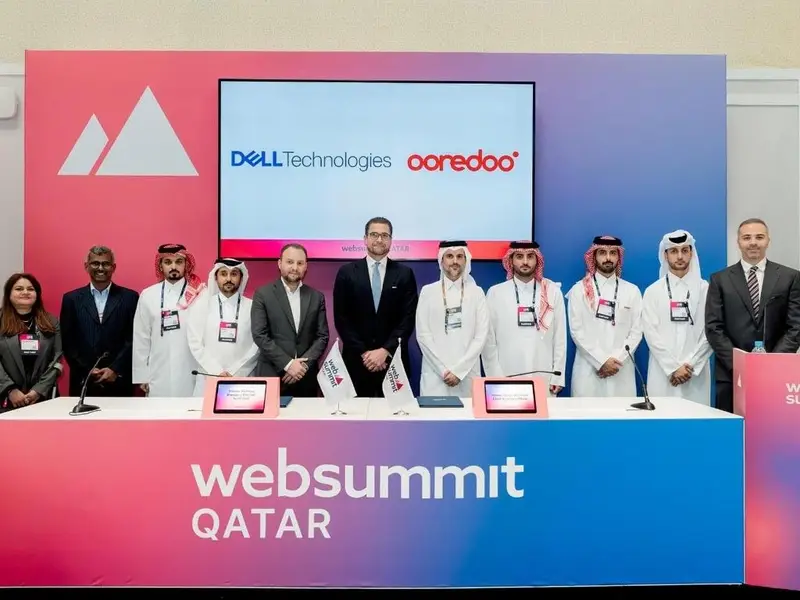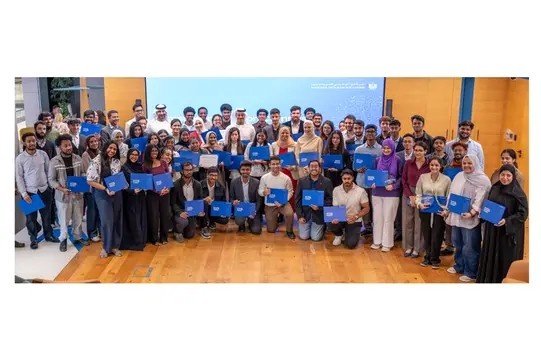Oracle is significantly increasing its capacity in the UAE, particularly in Abu Dhabi, as demand for cloud and artificial intelligence (AI) technologies grows across the GCC. The company is expanding its infrastructure, including the addition of GPUs to its data centers, to meet the region’s accelerating digital transformation.
Richard Smith, Oracle’s executive vice president for technology in EMEA, shared the company’s plans during the Oracle CloudWorld Tour in Dubai. He highlighted the region’s strong demand for cloud growth and AI capabilities, driven by transformative initiatives like Saudi Arabia’s Vision 2030 and the UAE’s national goals.
“AI adoption in the Middle East and Africa is among the fastest globally,” Smith said, attributing this rapid development to the region’s government-led agendas. Oracle, with its extensive AI partnerships—including collaborations with OpenAI, Microsoft, and Meta—plans to support this growing demand with its deep AI infrastructure.
Sovereign Cloud Solutions in Focus
The GCC’s shift towards sovereign cloud solutions has played a pivotal role in Oracle’s expansion. The company’s Alloy platform, designed to meet data sovereignty requirements, allows governments and organizations to store and process sensitive data within national borders. Oracle has signed several sovereign agreements, including with STC in Saudi Arabia, du in the UAE, and other entities in Bahrain and Kuwait, to deliver Oracle Cloud Infrastructure (OCI) services.
In the UAE, telecommunications giant du is using Oracle Alloy to offer sovereign AI services to government and public sector clients, providing them with greater control over data operations, security, and location. This partnership also accelerates the adoption of AI technologies, such as machine learning and generative AI, in the public sector.
“The Middle East’s demand for sovereign cloud solutions is driven by political structures and transformative agendas,” Smith noted, emphasizing the region’s focus on balancing modernization with data security.
Transitioning from On-Premise to Cloud
Many organizations in the GCC are shifting from on-premise systems to cloud-based solutions, and Oracle is playing a key role in this transition. Smith explained that several customers already use Oracle applications on-premise and are now moving to the Alloy platform to modernize their infrastructure while ensuring compliance with sovereignty requirements.
This migration enables organizations to transition from static environments to dynamic cloud platforms, which receive regular updates and incorporate AI capabilities. For example, Bahrain is using Alloy to modernize its systems while adhering to regulatory standards.
Global AI Investments Signal Future Growth
Smith’s remarks about AI’s rising demand come as major tech players, including OpenAI and Softbank, announce plans to invest $500 billion in building AI infrastructure in the US. Oracle and UAE tech investor MGX are equity partners in this joint venture, known as Stargate, which will involve the creation of new AI data centers.
Smith reflected on the explosion of AI innovation, noting that Oracle has been at the forefront of AI and machine learning for 47 years. “Data has always been at the core of AI,” he said, pointing to Oracle’s development of autonomous systems like the self-provisioning, self-orchestrating, and self-repairing autonomous database.
He emphasized that AI now goes beyond tools like ChatGPT, enabling deeper data understanding and insights through advanced software and hardware. With its strong capacity-building efforts, Oracle aims to remain at the forefront of AI innovation, supporting the global tech industry’s growth and development.















